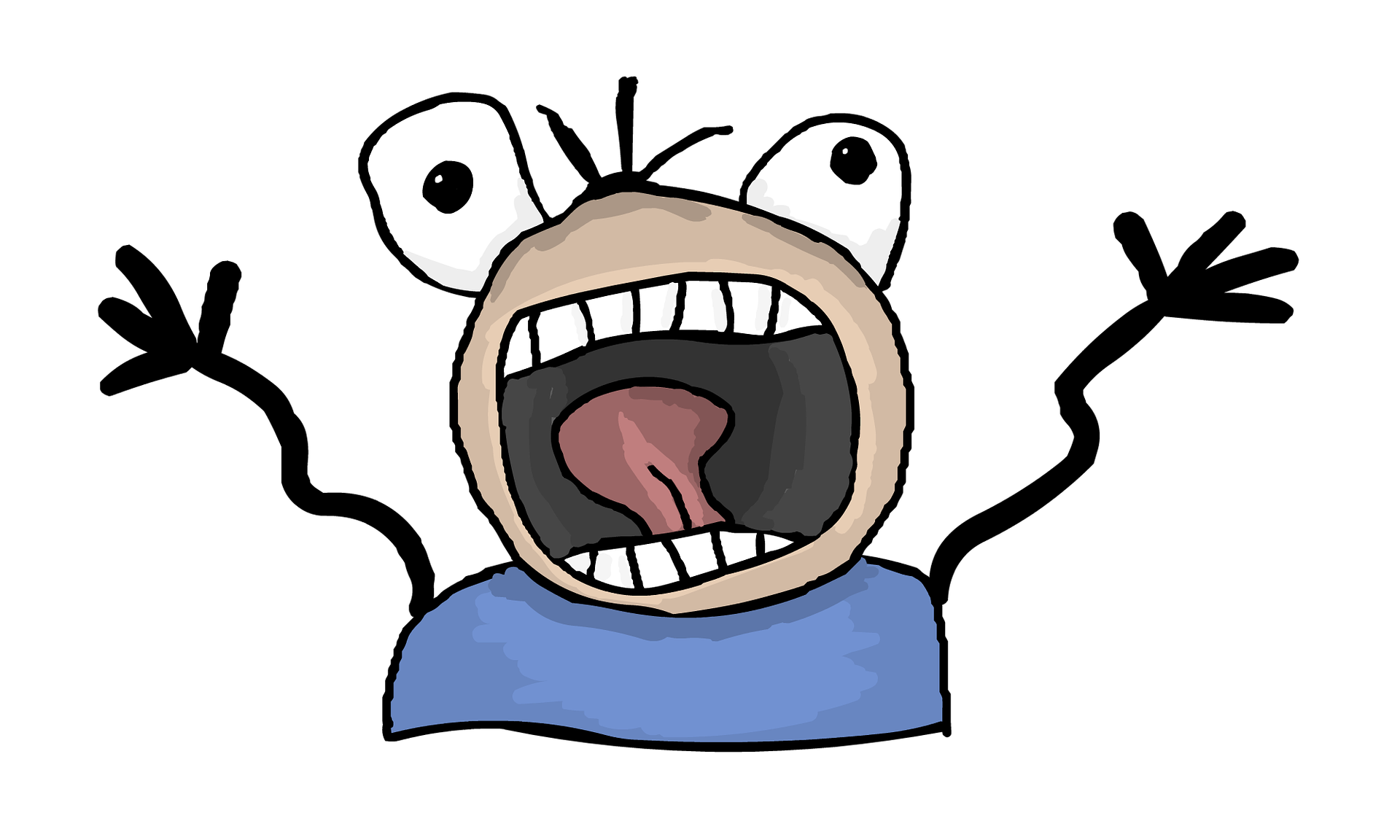This month I’m exploring the problem known medically as ‘Panic Disorder’ where sufferers experience panic attacks seemingly out of the blue and live in constant dread of when the next attack with strike.
Let’s start by clearing up what a panic attack actually is – you may remember me saying in the June Ramble on depression that I get fed up of mental health terms being used too casually and panic attacks is one of them. How often have you heard people exclaim ‘I had such a panic attack when I couldn’t find my car keys’ etc. Believe me, when you have a panic attack, you know about it! It suddenly feels like the world is closing in, your heart beats faster, you can’t breath, you feel like you’re going to pass out, you get hot, sweaty, can’t see properly and your stomach feels like it’s going to give up your lunch. It’s really embarrassing and all you want to do is cry for help or run away and hide. Afterwards you’ll probably feel exhausted, have a headache and feel pretty vulnerable.
Panic attacks are experienced for lots of different reasons and may be linked to other anxiety problems such as phobias or post traumatic stress (see July ramble). With Panic Disorder the main problem is the panic attacks themselves and the fear of having them – fear of fear if you like. Often people assume that those horrible physical symptoms are a sign of impending doom – even death, and may end up at A&E frequently. Panic Disorder can really take control of your life stopping you from being able to get out there and do the normal every day things you want to do such as go to the shops, socialise, work and in extreme cases leave your own home.
You may also find that if you are worried about having a panic attack and you can’t avoid a potentially stressful situation then you will develop little habits to help get you through it and protect you from your worst fears – we call these habits safety behaviours. These can include things like always carrying a bottle of water with you, speaking to a friend on the phone, and making sure you always know where the nearest toilet or exit is.
CBT helps us to learn that horrible as they are, panic attacks are just an exaggerated ‘fight of flight response’ and they are not going to do us any harm. Step by step, CBT helps you to face the situations you have been avoiding such as supermarkets, crowded places, driving etc without having to rely on safety behaviours. In other words, CBT gives you back control and enables you to get on with living life to the full!

